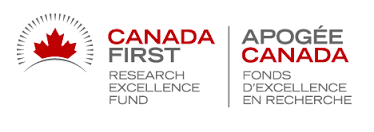Overview
The overarching goal of the research is to explore opportunities and barriers related to effective governance of agricultural water management, focusing specifically on surface water management, developing a better understanding of how people develop institutions to govern surface water management, how existing institutions function, and how conflict or collaboration emerges.
This overarching goal can be divided into two specific objectives:
1) Develop new knowledge on how people develop water governance institutions and policy: Through policy analysis and ethnographic methods, we will develop a rigorous and data-driven understanding of how people pursue collaboration and develop formal and informal institutions for agricultural water management governance.
2) Produce novel approaches to socio-hydrological modeling by linking social-ecological governance models with hydro-climate models for scenario planning: We will incorporate policy and other social variables developed through Objective 1 into ongoing hydrological modeling efforts. We propose a level of analytical integration across social and hydrological systems that has not to our knowledge been previously attempted.
Major Funding Partners
Canada First Research Excellence Fund (CFREF) is a federal program which aims to place Canada at the forefront of global research that is of economic benefit to Canada.
In September 2016, the University of Saskatchewan was awarded $77.84 million over seven years from CFREF to establish the CFREF project “Global Water Futures: Solutions to Water Threats in an Era of Global Change”. GWF has grown to a total funding package of $143.67 million through linked contributions from the University of Saskatchewan ($17.5 million), University of Waterloo ($15 million), McMaster University ($12.14 million), and Wilfrid Laurier University ($10.58 million) and various industrial partners.


Contact Us
For more information please contact Philip Loring

